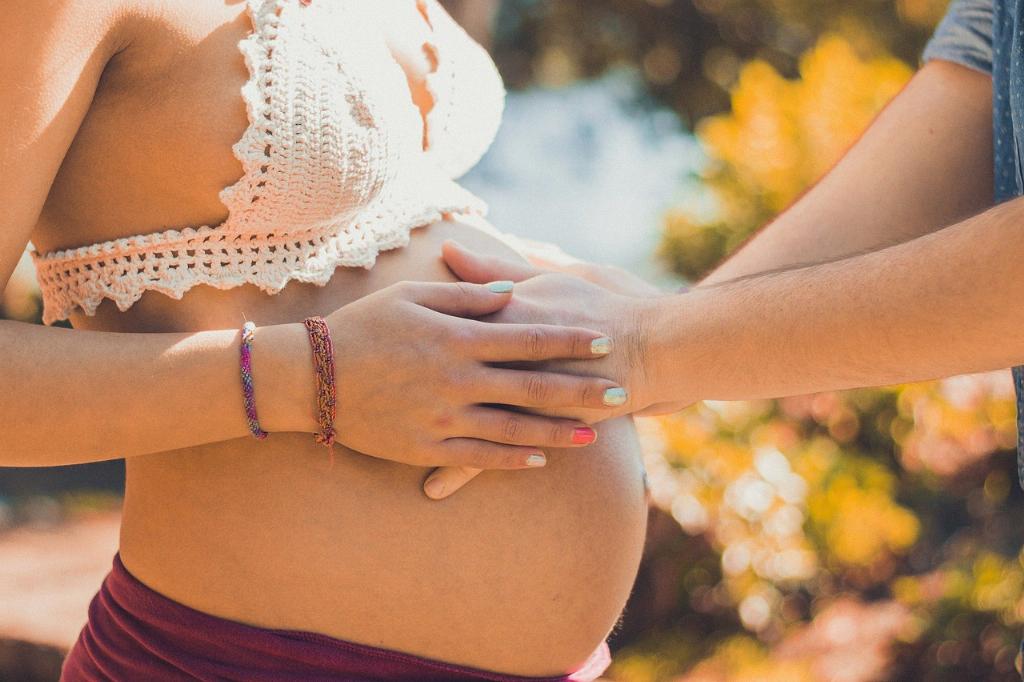When it comes to determining how many weeks pregnant you are after your last period, it’s important to understand how pregnancy is calculated. The first day of your last period is considered the start of week 1 of your pregnancy, even though conception typically occurs around week 2. This means that by the time you miss your period and get that positive pregnancy test, you’re already considered 4 weeks pregnant.
Weeks and Trimesters in Pregnancy
As your pregnancy progresses, it is divided into three trimesters, each lasting about three months. Understanding the timing of these trimesters can help you track the growth and development of your baby. The first trimester spans from week 1 to week 12, the second trimester from week 13 to week 27, and the third trimester from week 28 until birth.
Counting Weeks During Pregnancy
Once you know the first day of your last period, you can count the number of weeks that have passed since then to determine how far along you are in your pregnancy. For example, if it has been 8 weeks since your last period, you are considered to be 8 weeks pregnant, even though conception occurred about 6 weeks ago.
Ultrasound Dating in Pregnancy
While counting weeks based on your last period is a common way to estimate your due date, ultrasound dating can provide a more accurate picture of your pregnancy timeline. An early ultrasound can help confirm your estimated due date and pinpoint the gestational age of your baby.
Factors Affecting Pregnancy Dating
It’s important to remember that every woman’s cycle is unique, and factors such as cycle length and ovulation timing can impact how many weeks pregnant you are after your last period. If you have irregular periods or are unsure about the date of your last period, speaking with a healthcare provider can help clarify your due date.
Importance of Prenatal Care
Regardless of how many weeks pregnant you are after your last period, starting prenatal care early in your pregnancy is crucial for monitoring your health and the health of your baby. Regular check-ups, screenings, and tests can help ensure a healthy pregnancy and delivery.
Tracking Your Pregnancy Progress
Keeping track of your pregnancy milestones and week-by-week changes can be an exciting way to connect with your growing baby. Many websites and apps offer detailed information on fetal development, symptoms to expect, and tips for staying healthy throughout each trimester.
Emotional and Physical Changes
As you progress through your pregnancy, you may experience a range of emotional and physical changes. From morning sickness and fatigue in the first trimester to the excitement of feeling your baby kick in the second trimester, each week brings new experiences and preparations for the arrival of your little one.
Preparing for Parenthood
While the number of weeks pregnant you are after your last period is important for tracking your pregnancy, it’s also a time to start preparing for parenthood. From setting up the nursery to attending childbirth classes, there are many ways to get ready for the new addition to your family.
Enjoying the Journey
Though pregnancy comes with its challenges and uncertainties, it’s also a time of joy and anticipation as you await the arrival of your baby. Embrace the journey and savor each moment, from hearing the heartbeat for the first time to holding your newborn in your arms.
Conclusion
So, how many weeks are you pregnant after your last period? Remember, pregnancy is counted from the first day of your last period, making it crucial to track the number of weeks that have passed since then. By staying informed, seeking prenatal care, and enjoying the journey, you can navigate this exciting time with confidence and preparation.

